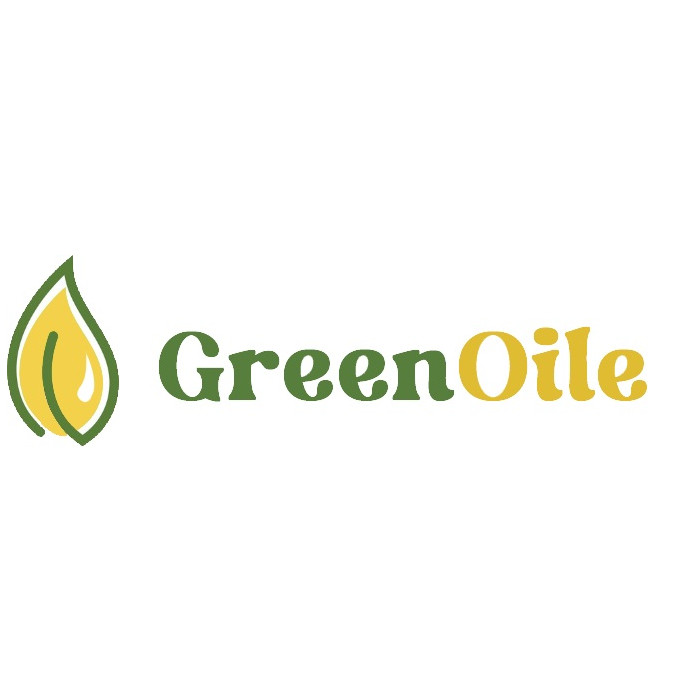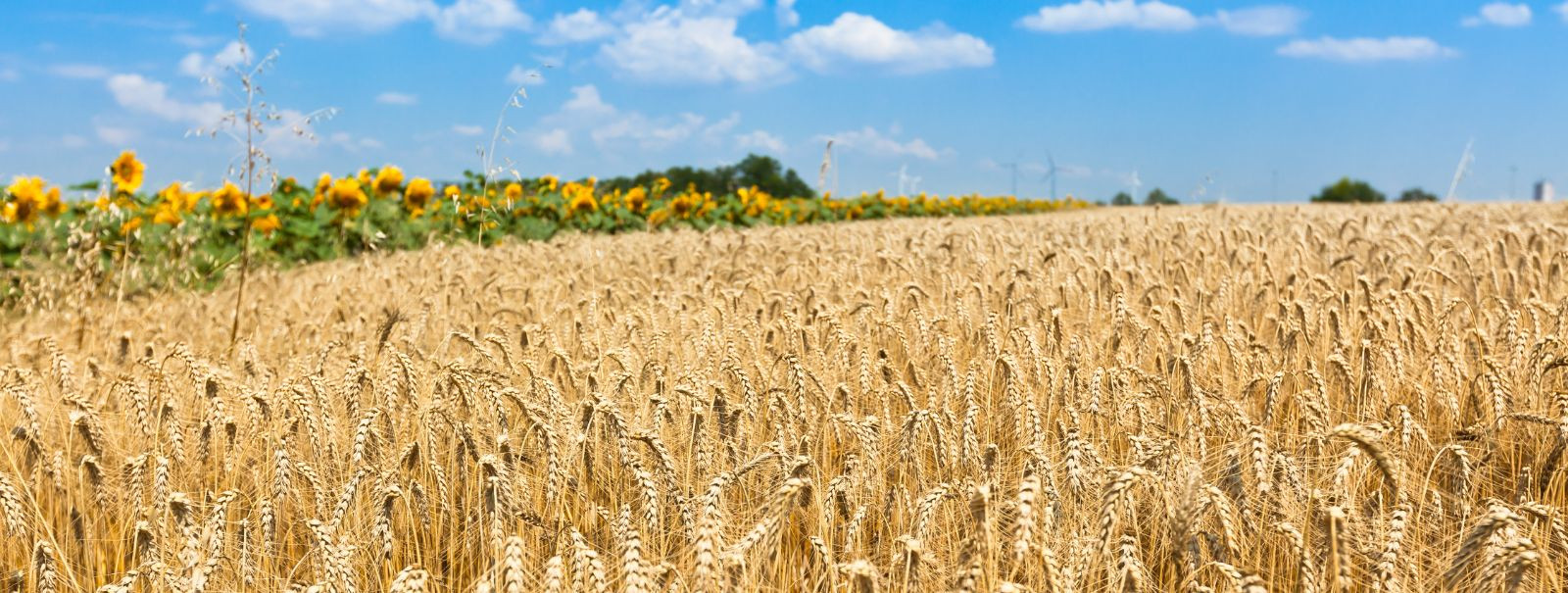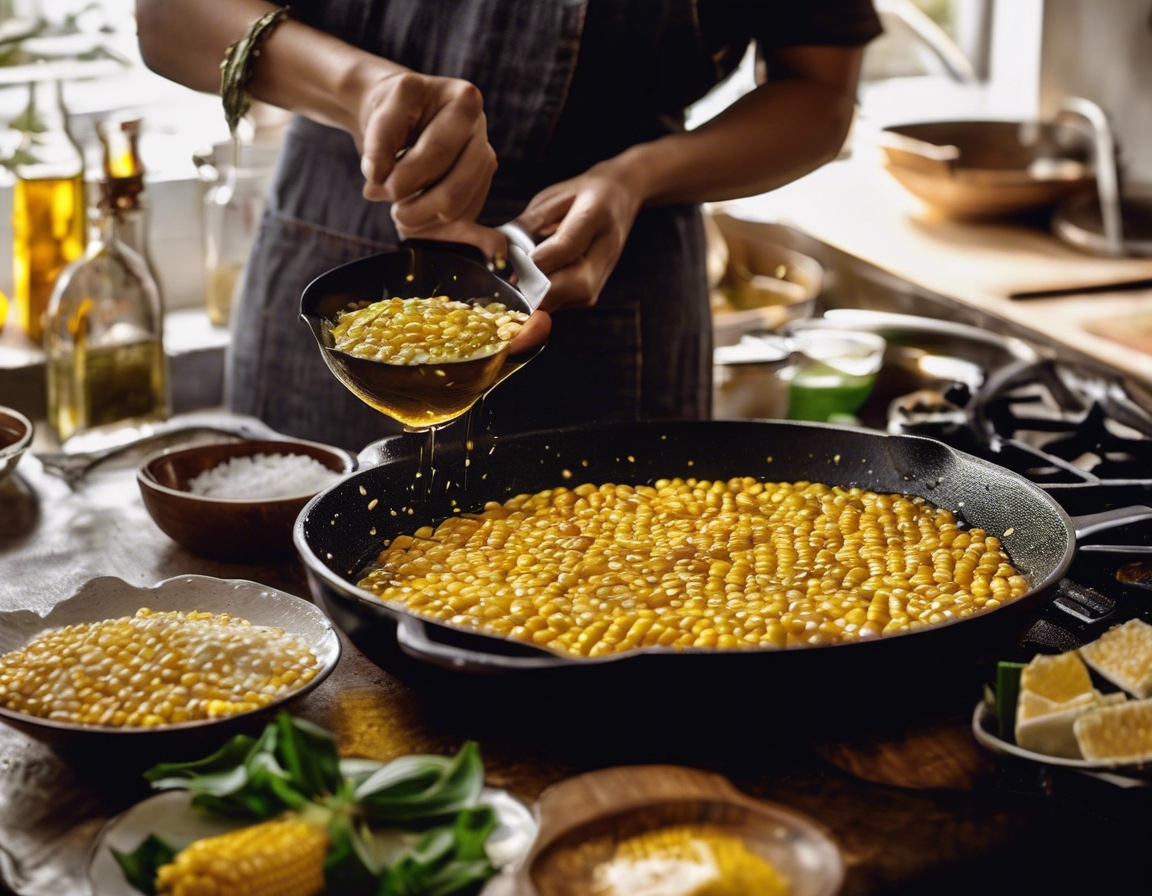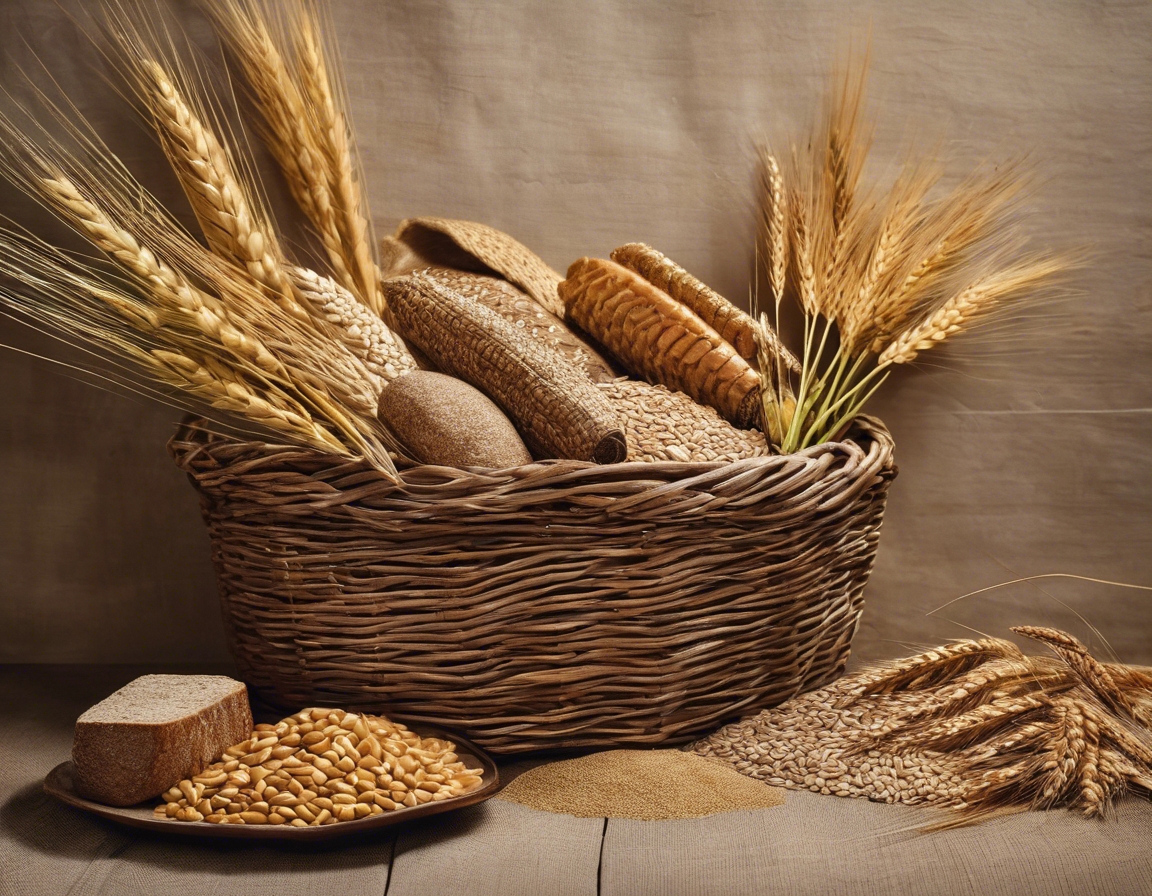Sustainable agriculture: our commitment to the environment
Sustainable agriculture is a method of farming that focuses on producing food in a way that is healthy for the environment, economically viable, and socially responsible. It aims to meet the needs of the present without compromising the ability of future generations to meet their own needs. At GREENOILE OÜ, we are committed to promoting sustainable agriculture as a core part of our mission to protect the environment and ensure a healthier planet for all.
2. The Importance of Sustainable Agriculture
Sustainable agriculture plays a crucial role in preserving natural resources. By reducing the use of chemical fertilizers and pesticides, it helps maintain soil fertility and water quality. Practices such as crop rotation and cover cropping enhance biodiversity and reduce soil erosion, contributing to a more resilient ecosystem.
Economically, sustainable agriculture supports local economies by creating jobs and promoting fair trade. It reduces dependency on non-renewable resources, leading to cost savings and increased profitability for farmers. By focusing on long-term productivity, sustainable agriculture ensures food security and stability in the market.
Sustainable agriculture fosters community well-being by promoting food sovereignty and empowering local farmers. It encourages ethical labor practices and supports the health and nutrition of communities by providing access to fresh, organic produce.
3. GREENOILE OÜ's Approach to Sustainable Agriculture
At GREENOILE OÜ, we prioritize organic farming practices that eliminate the use of synthetic chemicals and genetically modified organisms. Our methods focus on natural pest control and soil enrichment techniques that enhance the quality and safety of our products.
We are committed to using renewable resources in our agricultural processes. This includes harnessing solar energy, utilizing rainwater harvesting systems, and implementing waste recycling programs to minimize our carbon footprint.
Maintaining soil health is at the heart of our sustainable agriculture practices. We employ techniques such as composting and green manuring to enrich the soil, while promoting biodiversity through the cultivation of diverse crop varieties and the preservation of natural habitats.
4. The Role of Technology in Sustainable Agriculture
Technology plays a pivotal role in advancing sustainable agriculture. Precision farming techniques, such as GPS-guided equipment and data analytics, allow us to optimize resource use and increase efficiency, reducing waste and environmental impact.
We leverage technology to create sustainable supply chains that ensure transparency and traceability. This helps us monitor the environmental impact of our products from farm to table, ensuring that our practices align with our sustainability goals.
5. How Consumers and Businesses Can Support Sustainable Agriculture
Consumers can support sustainable agriculture by choosing products that are certified organic and sustainably sourced. By making informed purchasing decisions, individuals can drive demand for environmentally friendly products and practices.
Supporting local farmers and markets is another way to promote sustainable agriculture. By buying locally, consumers reduce the carbon footprint associated with transportation and help sustain local economies.
Advocacy for policy changes that support sustainable agriculture is crucial. Consumers and businesses can engage with policymakers to promote regulations that encourage sustainable practices and provide incentives for farmers to adopt environmentally friendly methods.








Comments (0)